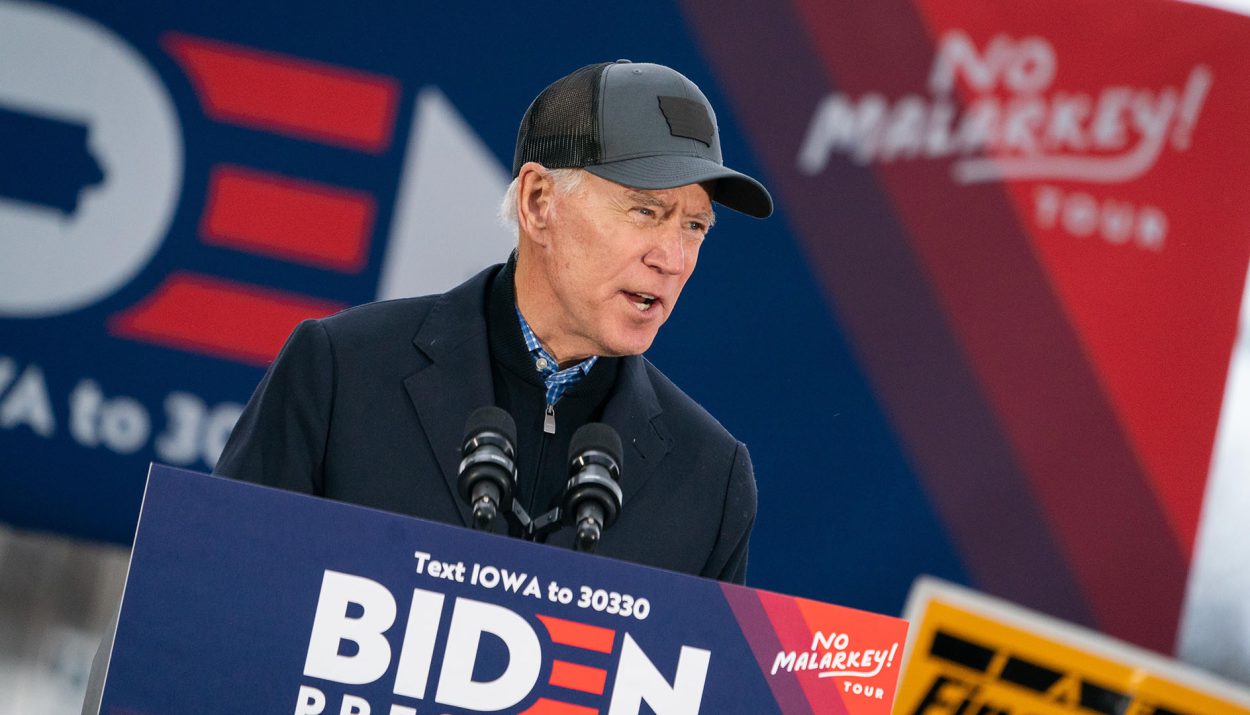The Biden administration’s ambitious plans for a rapid transition to electric vehicles in the U.S. are being recalibrated. As supply chain challenges, consumer demand, and infrastructure hurdles come into focus, the President is considering a more measured approach to balance environmental goals with economic realities and political considerations.
Scaling Back EV Production Requirements
The Biden administration is reevaluating the timeline for electric vehicle production in the U.S., recognizing the need for a more gradual transition. The initial ambitious goals are being adjusted to account for the challenges faced in supply chains, consumer demand, and infrastructure development.
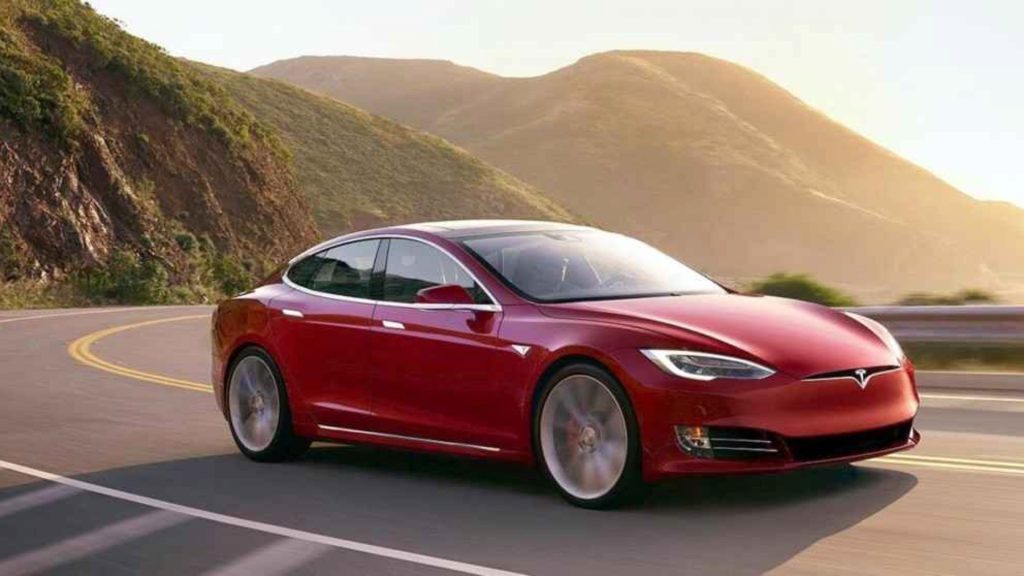
This pragmatic pivot aims to give the market and supply chains time to adapt, while still maintaining a commitment to reducing emissions and fostering economic growth in the automotive sector.
Balancing Environmental Objectives and Economic Realities
As the Biden administration recalibrates its electric vehicle strategy, it seeks to strike a balance between environmental objectives and economic realities. The revised approach takes into account the feasibility of the initial goals and the need to support American workers and industries during the transition.

The adjustment comes as President Biden seeks to maintain support from unions and workers in key battleground states like Michigan, where the automotive industry plays a crucial role in the economy.
Allowing the Market and Infrastructure to Catch Up
John Bozzella, CEO of the Alliance for Automotive Innovation, advocates for giving the market and supply chains time to adapt to the electric vehicle transition. He emphasizes the importance of maintaining consumer choice, expanding public charging infrastructure, and allowing industrial credits and the Inflation Reduction Act to drive the industrial shift.

The revised approach aims to create a more sustainable and achievable path toward widespread electric vehicle adoption while minimizing potential disruptions to the automotive industry and its workers.
Pragmatism in the Face of Political Considerations
President Biden’s decision to scale back electric vehicle production requirements is seen as a pragmatic move, taking into account the political considerations surrounding the transition. As the administration seeks to maintain support in key battleground states, it recognizes the need to balance environmental goals with the concerns of workers and communities dependent on the automotive industry.
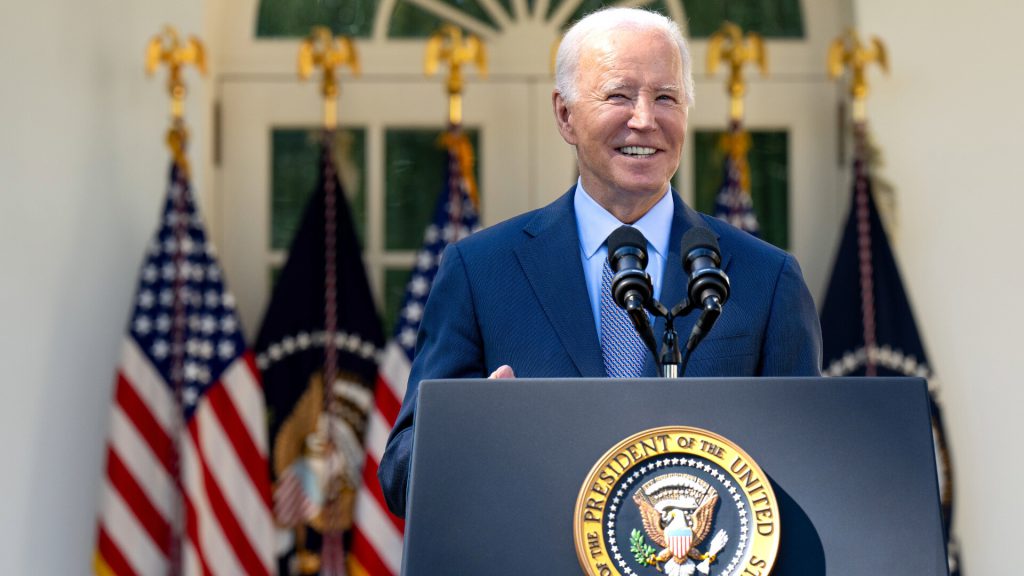
The revised approach demonstrates the Biden administration’s willingness to adapt its strategies to navigate the complex political landscape and build broad-based support for the electric vehicle transition.
Ensuring Reductions in Emissions and Economic Benefits
Despite the adjustments to the electric vehicle production requirements, the Biden administration remains committed to reducing emissions and promoting economic benefits through the transition. The revised approach aims to create a more sustainable and achievable path towards these goals.

By allowing for a more gradual transition, the administration seeks to minimize potential disruptions while still making progress toward cleaner transportation and creating new opportunities for American workers and industries.
Collaborating with Industry Stakeholders
The Biden administration’s decision to scale back electric vehicle production requirements involves close collaboration with industry stakeholders. The revised approach takes into account the input and concerns of automakers, suppliers, unions, and other key players in the automotive sector.
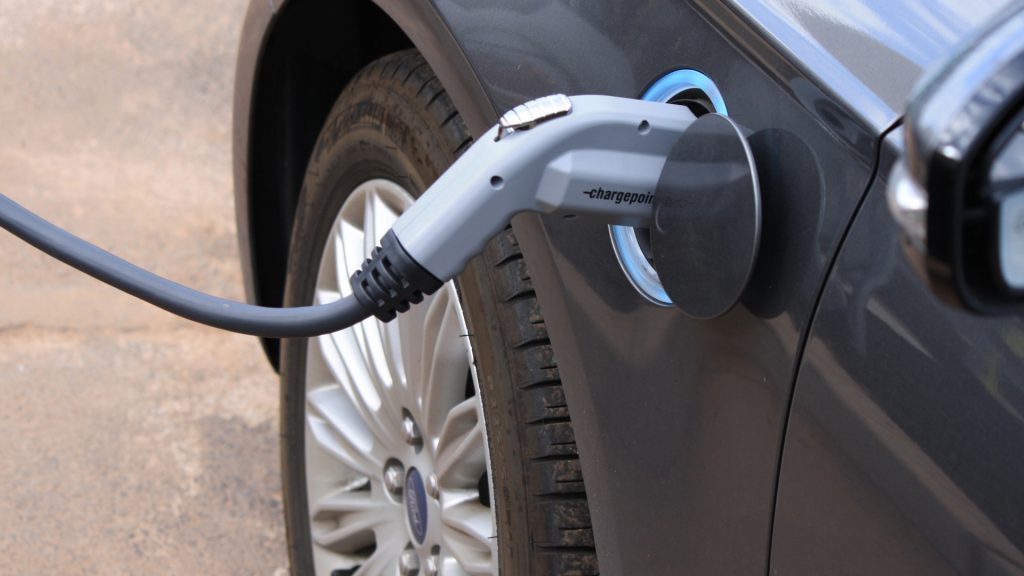
By working together with industry stakeholders, the administration aims to develop a more realistic and achievable roadmap for the electric vehicle transition, ensuring that all voices are heard and considered in the process.
Investing in Research and Development
As part of the revised approach to the electric vehicle transition, the Biden administration is emphasizing the importance of investing in research and development. This includes supporting advancements in battery technology, charging infrastructure, and other key areas that will enable a smoother and more efficient transition.
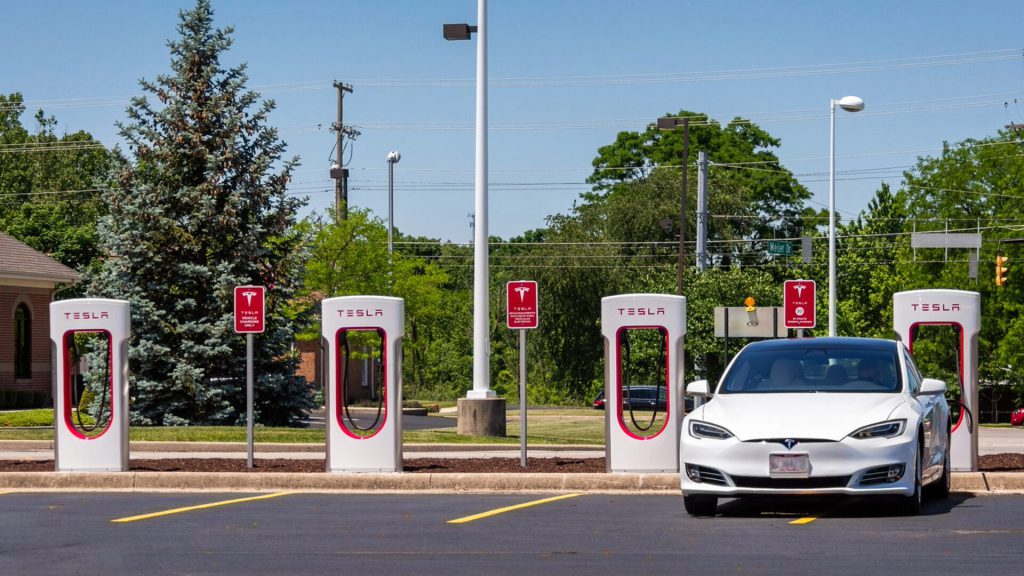
By prioritizing research and development, the administration seeks to accelerate innovation and create new opportunities for American companies and workers in the growing electric vehicle market.
Promoting Consumer Education and Awareness
The Biden administration recognizes the importance of promoting consumer education and awareness around electric vehicles. As part of the revised approach, the administration is focusing on initiatives to help consumers understand the benefits and practicalities of owning and operating electric vehicles.
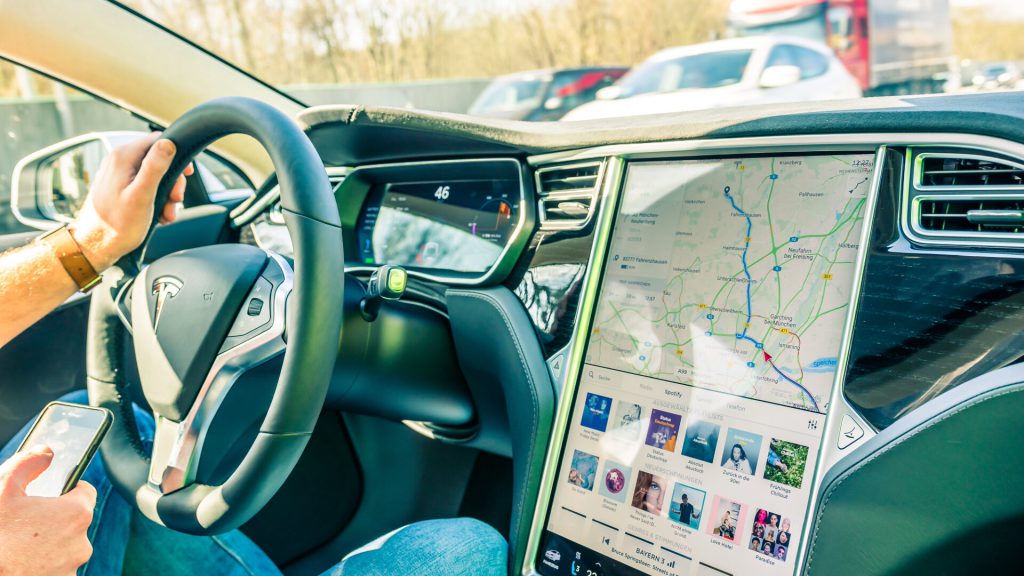
By increasing consumer education and awareness, the administration aims to build public support for the electric vehicle transition and encourage more Americans to make the switch to cleaner transportation options.
Supporting the Development of Charging Infrastructure
The Biden administration is placing a strong emphasis on supporting the development of charging infrastructure as part of its revised approach to the electric vehicle transition. This includes investing in the expansion of public charging networks and working with private sector partners to accelerate the deployment of charging stations across the country.
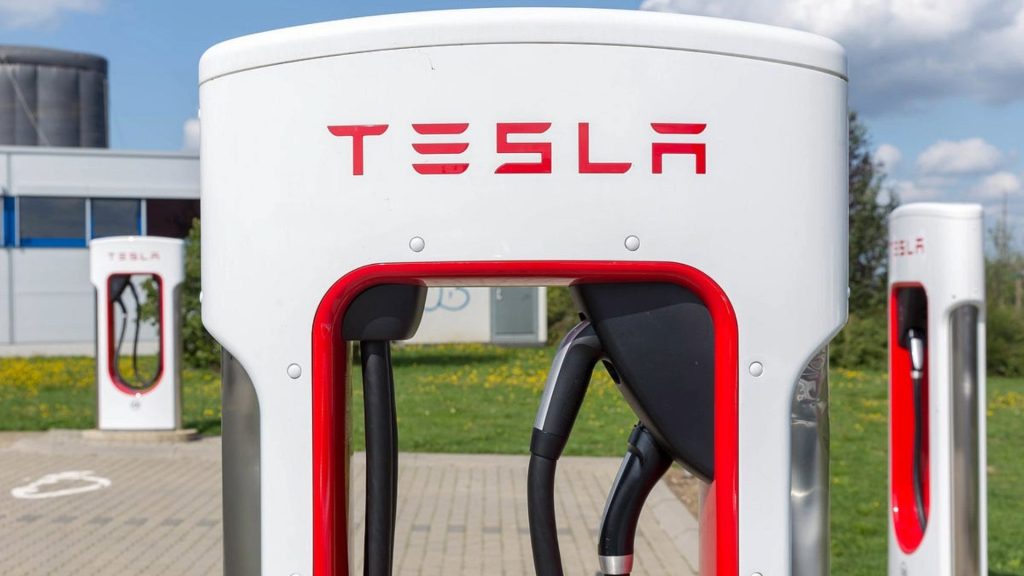
By supporting the development of charging infrastructure, the administration seeks to address one of the key barriers to widespread electric vehicle adoption and create a more convenient and accessible experience for drivers.
Encouraging State and Local Government Collaboration
The Biden administration is actively encouraging collaboration with state and local governments in the implementation of its revised electric vehicle strategy. This includes working with states and municipalities to develop tailored plans that take into account local needs, resources, and priorities.
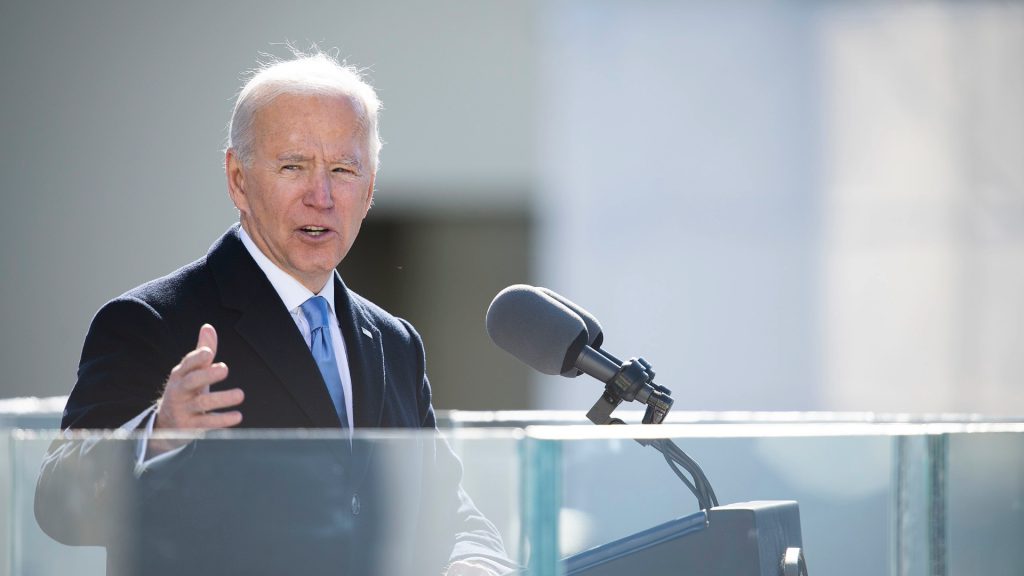
By fostering collaboration with state and local governments, the administration aims to create a more coordinated and effective approach to the electric vehicle transition, leveraging the strengths and expertise of all levels of government.
Addressing Equity and Accessibility Concerns
As part of its revised approach to the electric vehicle transition, the Biden administration is placing a strong emphasis on addressing equity and accessibility concerns. This includes initiatives to ensure that the benefits of electric vehicles are available to all Americans, regardless of income, race, or geographic location.

By addressing equity and accessibility concerns, the administration seeks to create a more inclusive and just transition to electric vehicles, ensuring that no communities are left behind in the process.
Collaborating with International Partners
The Biden administration recognizes the global nature of the electric vehicle transition and is actively collaborating with international partners to promote the adoption of clean transportation technologies. This includes working with allies and partners to develop common standards, share best practices, and coordinate investments in research and development.

By collaborating with international partners, the administration seeks to accelerate the global transition to electric vehicles and create new opportunities for American companies and workers in the growing global market.
Monitoring Progress and Adapting as Needed
As the Biden administration implements its revised approach to the electric vehicle transition, it is committed to monitoring progress and adapting as needed. This includes regular assessments of key indicators such as electric vehicle sales, charging infrastructure deployment, and consumer attitudes.
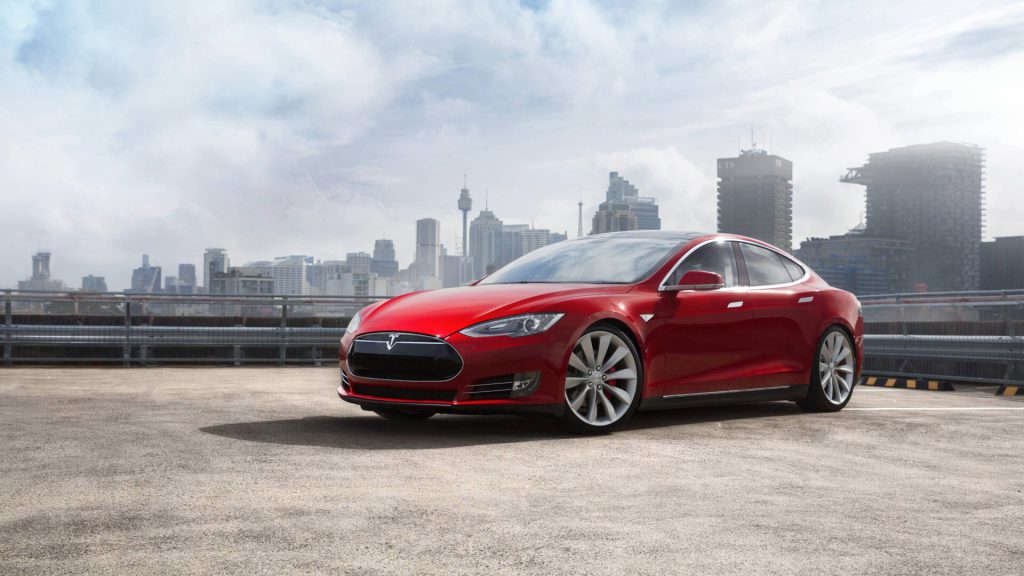
By monitoring progress and adapting as needed, the administration aims to ensure that its policies and initiatives remain effective and responsive to changing conditions and challenges.
A Sustainable Path Forward for Electric Vehicles
President Biden’s pragmatic pivot on electric vehicle production requirements represents a thoughtful and balanced approach to the complex challenges of the transition. By allowing for a more gradual shift, collaborating with industry stakeholders, and addressing key barriers and concerns, the administration is charting a sustainable path forward for electric vehicles in the United States.
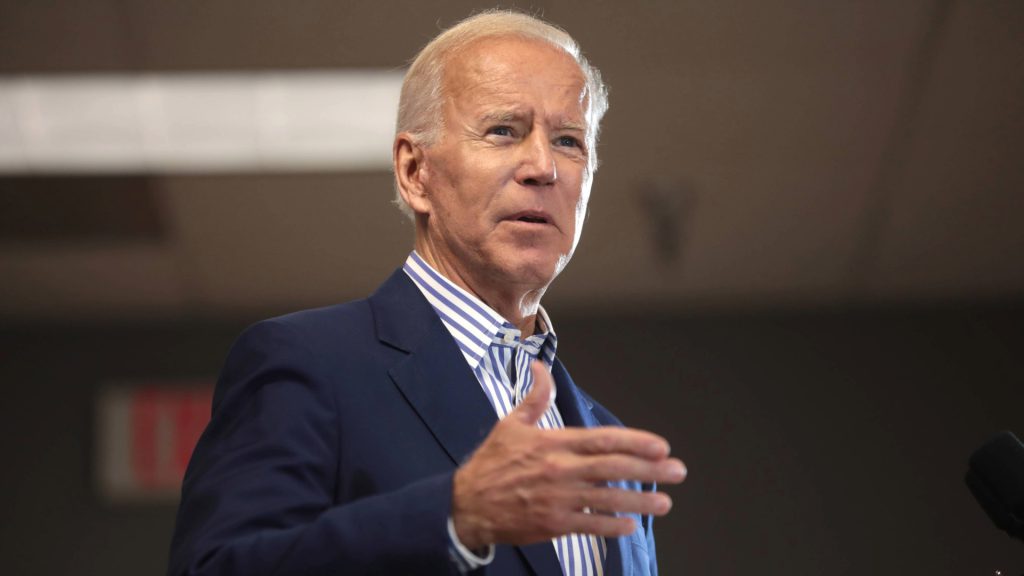
While the road ahead may be long and challenging, the Biden administration’s revised approach offers a promising framework for achieving the twin goals of reducing emissions and promoting economic opportunity in the automotive sector. With continued leadership, collaboration, and innovation, the United States can emerge as a global leader in the electric vehicle revolution.

